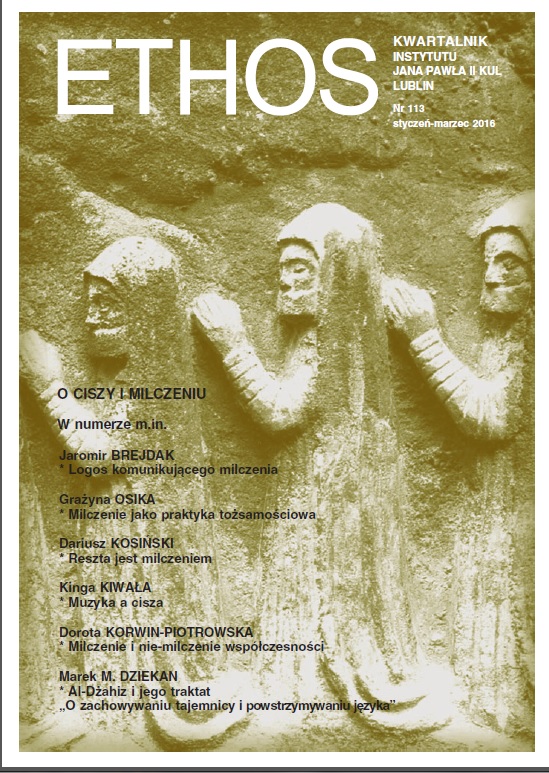Przemilczane i zapomniane. O zjawisku Matyldy, czyli systemowym umniejszaniu roli kobiet w nauce
Silenced and Forgotten: On the Matilda Effect, or the Systemic Devaluation of Women in Science
Author(s): Aleksandra DerraSubject(s): Gender Studies, Gender history, Social differentiation, Post-War period (1950 - 1989)
Published by: Katolicki Uniwersytet Lubelski Jana Pawła II - Instytut Jana Pawła II, Wydział Filozofii
Keywords: Matthew Effect; Matilda Effect; feminist studies of science; gender problem in science;
Summary/Abstract: In late 1960’s the famous sociologist Robert Merton pointed out that the system of institutional science functions in a very peculiar way, namely, it distributes merits to scientists who are already known. As a result, their papers are cited more frequently and their research is highly evaluated already in advance. Merton called this tendency the ‘Matthew Effect’ and showed its advantageous results for institutionalized science. More than twenty years later the American historian of science Margaret Rossiter noticed a complementary phenomenon which consists in a division of the recognition of scientific achievements in relation to gender. According to Rossiter, women scientists have been ignored, denied appreciation and sometimes forgotten. She has labelled this phenomenon the ‘Matilda Effect’ in order to honour the suffragist and feminist critic Matilda Joslyn Gage. The aim of the present article is to examine specifi c mechanisms responsible for the systematic erasing of women from the history of science, which is connected with devaluation of their scientific achievements and with a reduction of their role in the development of certain scientific domains. Generally speaking, the ‘Matilda Effect’ amounts to silencing women in scientific culture. Additionally, the author refers to the ignorance of the gender factor as a significant issue in the critical approach to science. In the article Merton’s analysis is juxtaposed with Rossiter’s observations. In order to describe the functioning of the ‘Matilda effect’ in a more detailed way, I discuss the history of the scientific activity of two prominent female scientists: Rosalind Franklin, a chemist and crystallographer, and Ruth Hubbard, a biologist.
Journal: Ethos. Kwartalnik Instytutu Jana Pawła II KUL
- Issue Year: 29/2016
- Issue No: 1
- Page Range: 203-220
- Page Count: 18
- Language: Polish
- Content File-PDF

